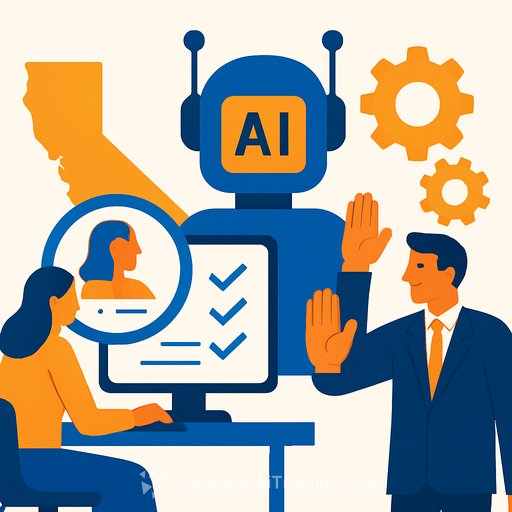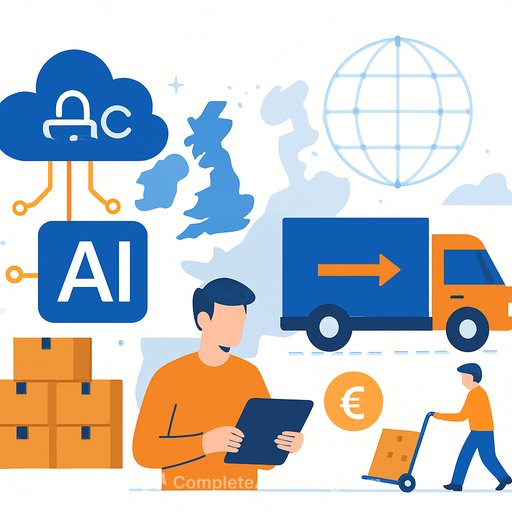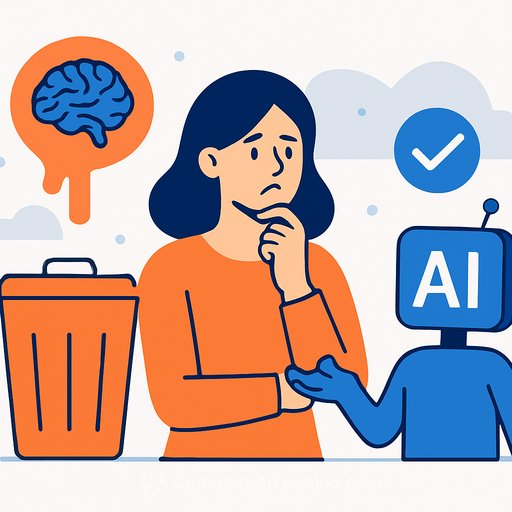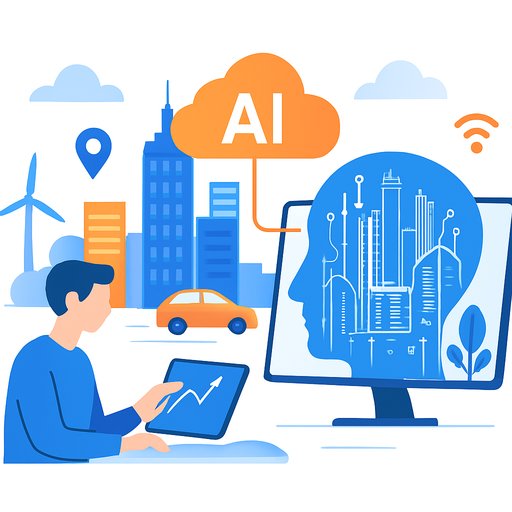California Legislature Considers Bills to Regulate AI in Employment Decisions
Several bills in the California Legislature seek to regulate how companies use artificial intelligence (AI) in employment decisions such as hiring, firing, compensation, and promotions. These measures aim to protect workers from potential AI-driven discrimination and privacy violations. However, the bills face challenges due to concerns about implementation costs, which may jeopardize their progression.
Key Provisions of Senate Bill 7
Senate Bill 7 (SB 7), currently before the Assembly Appropriations Committee, is a focal point in this legislative effort. It would require employers to notify employees at least 30 days before using AI systems for employment decisions. Workers would gain the right to appeal decisions made by AI, and employers would be barred from making predictions about employees’ immigration status, ancestral history, health, or psychological state.
Additionally, SB 7 prohibits the use of brain data in AI decision-making, which can reveal sensitive information about a person’s health or thoughts. The bill is set for a hearing on Friday, August 29.
Why These Bills Matter
AI tools are increasingly used to manage pay and hiring processes, a trend that started with gig workers and is now widespread across industries. Studies show that AI can unfairly disadvantage applicants based on arbitrary factors such as race, sex, or even wearing glasses. This raises serious concerns for managers responsible for fair employment practices.
The California Federation of Labor Unions, representing over two million workers, supports SB 7 and two other related bills addressing workplace surveillance. Their president emphasized that employers should not be allowed to predict personal attributes like pregnancy or employee opinions and use this information against workers.
Legislative Challenges and Cost Concerns
One major hurdle is the cost of compliance and enforcement. Estimates suggest that implementing SB 7 could cost the state around $600,000 or more. The actual cost for state agencies is unclear due to incomplete data on current AI usage within government departments.
These financial concerns have previously stalled AI regulation efforts. For example, the California Privacy Protection Agency recently weakened its own draft rules on automated decision-making under pressure from lawmakers, business groups, and the governor.
Other Related Bills
- Assembly Bill 1018 (AB 1018): Would require testing of automated systems used in employment, education, housing, healthcare, financial services, and criminal justice. It also grants individuals the right to appeal AI decisions within 30 days. However, estimated costs for implementation reach into the hundreds of millions of dollars.
- Assembly Bills 1331 and 1221: Aim to regulate workplace surveillance tied to AI systems.
Business and Labor Perspectives
Business groups, including major tech companies, express concern over the financial and operational burdens that these regulations could impose. They warn that audits, training, disclosures, and potential lawsuits may increase costs for businesses and consumers alike, potentially slowing innovation.
On the other hand, labor advocates argue that these measures are necessary to prevent AI from harming workers, driving unfair pay practices, and enabling intrusive surveillance. They emphasize that transparency around AI usage is a critical first step toward ensuring fairness and accountability.
What Managers Should Know
For managers, these legislative developments signal a growing focus on ethical AI use in workplaces. If passed, these laws could require you to:
- Notify employees in advance when AI impacts employment decisions.
- Implement processes for employees to appeal AI-driven decisions.
- Avoid using AI to infer sensitive personal information.
- Prepare for increased oversight and potential audits on AI systems.
Understanding and adapting to these regulations will be essential for compliance and maintaining trust among your workforce.
Public Sentiment and Future Outlook
A recent survey of 1,400 California adults showed that a majority are concerned about AI’s impact, with nearly 60% believing its benefits primarily favor the wealthy. Seventy percent support government laws to protect people from AI-related harms.
As these bills move through the legislature, their fate will shape how AI is integrated into employment decisions not only in California but potentially nationwide. Managers should stay informed and consider training on AI ethics and compliance. For practical resources on AI training, explore courses available at Complete AI Training.
Conclusion
California is at a crossroads in determining how AI should be regulated in the workplace. Balancing innovation with employee rights and privacy will require careful attention from both lawmakers and business leaders. Managers who proactively understand these issues will be better positioned to lead their teams through the changes ahead.
Your membership also unlocks:






